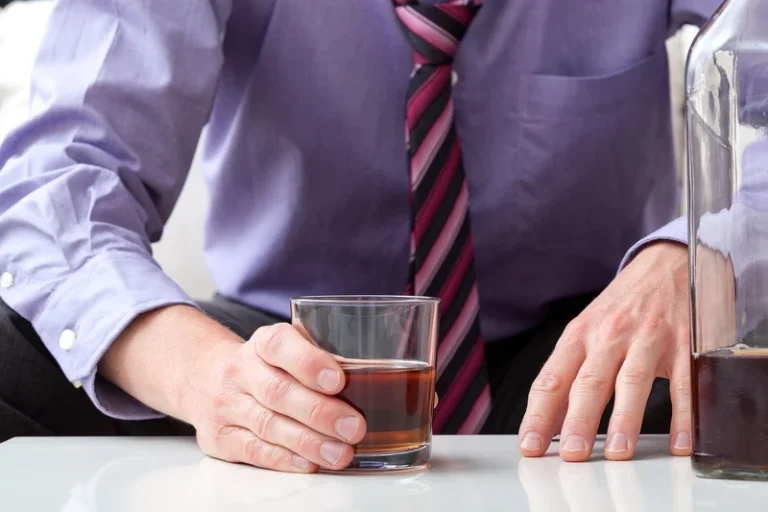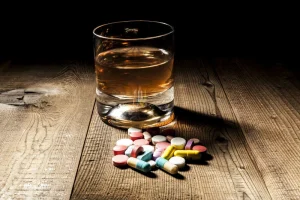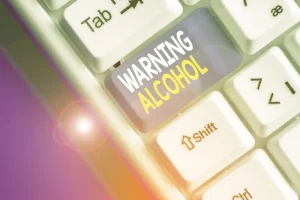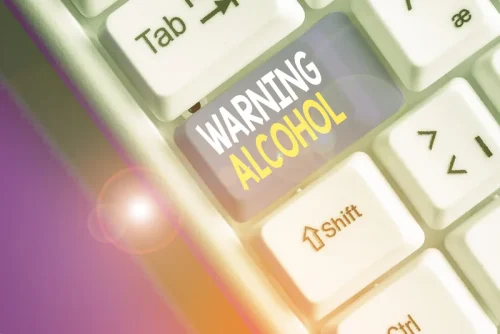Repairing liver damage from alcohol: A guide

Supplements will not cure liver disease, but they can prevent complications like malnutrition. This can prevent further liver damage and encourage healing. In this video, consultant hepatologist Mark Wright explains liver disease and how not drinking alcohol can help. The liver can develop new cells, but prolonged alcohol misuse (drinking too much) over many years can reduce its ability to regenerate. This can result in serious and permanent damage to your liver.

Fatty Liver Disease Symptoms
- For people with more advanced ALD, the liver may never fully recover.
- Alcoholic hepatitis is swelling, called inflammation, of the liver caused by drinking alcohol.
- About 90% of heavy drinkers will develop alcoholic fatty liver disease.
- Based on recent data, treatment with pentoxifylline is not supported.
Severe alcoholic hepatitis, however, is a serious and life-threatening illness. Once cirrhosis and its complications (such as fluid accumulation in the abdomen and bleeding in the digestive tract) develop, the prognosis is worse. Only about half the people with these complications are still alive after 5 years. People who stop drinking tend to live longer than those who do not https://ecosoberhouse.com/ stop drinking.

Simple ways to support your liver naturally
- Initial tests would include blood tests and possibly imaging tests such as ultrasound.
- And don’t substitute alcohol with fatty or sweet foods,” adds Professor David Nutt, director of the neuropsychopharmacology unit at Imperial College London and co-creator of the non-alcoholic drink Sentia.
- Alcoholic liver disease is damage to the liver and its function due to alcohol abuse.
- Patients presenting with severe alcoholic hepatitis may have encephalopathy.
Therefore, it appears that patients commonly fail to accurately report or underestimate how much alcohol they consume36. The amount of time it takes for the liver to heal itself after stopping drinking will vary depending on the degree of liver damage. The British Liver Trust (BLT) explains that some supplements can impair liver function, especially in people alcoholic liver disease with existing liver disease.

Can binge drinking cause liver damage?
- However, people with different genetic backgrounds or those with preexisting metabolic conditions may be more likely to develop the condition earlier than others, even with lower alcohol consumption.
- Patients with alcohol-related fatty liver disease, for example, usually do not have any symptoms.
- Diagnosis begins with a doctor taking a complete medical history and physical examination.
- The other type, which is more common, doesn’t have a specific cause, but things like having obesity and diabetes can increase your risk of getting it.
- That is, drinking more than ¾ to 1½ ounces of alcohol a day puts women at risk.
Liver biopsy can confirm liver disease, provide evidence that alcohol is the likely cause, and determine the type of liver damage present. It can also identity whether iron has accumulated in the liver. It is important to encourage patients with alcoholic liver disease to participate in counseling programs and psychological assistance groups.
The prevalence of alcoholic liver disease is highest in European countries. Daily consumption of 30 to 50 grams of alcohol for over five years can cause alcoholic liver disease. Steatosis can occur in 90% of patients who drink over 60 g/day, and cirrhosis occurs in 30% of individuals with long-standing consumption of more than 40 g/day. If the alcoholic liver disease is not treated, it what is alcoholism can progress to later stages which include alcoholic hepatitis and cirrhosis, a scarring of the liver. For patients with severe alcohol-related hepatitis or severe alcohol-related cirrhosis who aren’t helped by other therapies, liver transplantation may be an option. During a liver transplantation, a surgeon replaces the patient’s damaged liver with all or part of a healthy liver from a deceased or a living donor.
- Treatment for alcohol use disorder (AUD) and support can help many people experience lasting sobriety.
- The signs and symptoms of ALD can vary significantly depending on the severity of liver damage.
This means ARLD is frequently diagnosed during tests for other conditions, or at a stage of advanced liver damage. However, because about half the people start drinking again after transplantation, most transplantation programs require that people be abstinent for a period of time to qualify. Benzodiazepines (sedatives) are used to treat withdrawal symptoms (see Emergency treatment).

